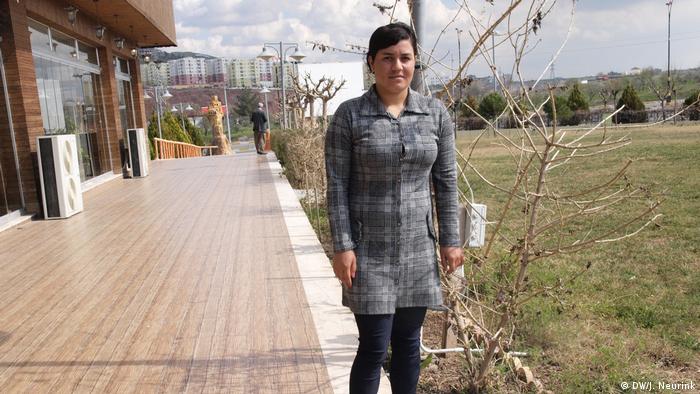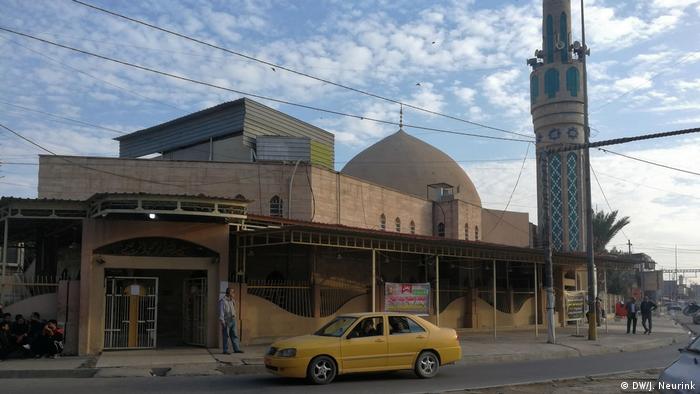Mosul's Jewish quarter miraculously survived three
years of occupation by the "Islamic State" terror group and the battle
to evict it. Reporter Judit Neurink and photographer Eddy van Wessel
went there to find out how.
 |
| Jewish heritage in Mosul (FOTO JUDIT NEURINK) |
Judit Neurink, Mosul
Seventy-two-year-old Imad Fetah, who stands in front of his freshly painted gate, wearing a spotless white dishdasha, a scarf draped over his head, never left..
As he recounts the events of the years of occupation, he points to the blackened remains of a building across the narrow street. The fire was started by IS, he says, after the inhabitants had been ordered to leave. The house, which was built around a covered courtyard in the traditional Mosul style, is badly damaged but can still be restored.
When people realized what IS intended to do to their homes, they started refusing to leave. Fetah stayed put, too. "Daesh destroys old things," he says sadly, using the local name for IS. It wasn't only this neighborhood — every monument that did not fit with their strict version of Islam had to go: statues of poets and writers, Sufi places of worship, libraries with unique book collections.
The Islamic militants would only tolerate the things they had a use for, Fetah states. "Like the tunnels in our quarter which the Jews had dug." The tunnels were built to give the residents an escape route in case of danger. Until the IS takeover, they were likely last used when anti-Jewish riots erupted after the declaration of the state of Israel in 1948.
Read the whole story here




